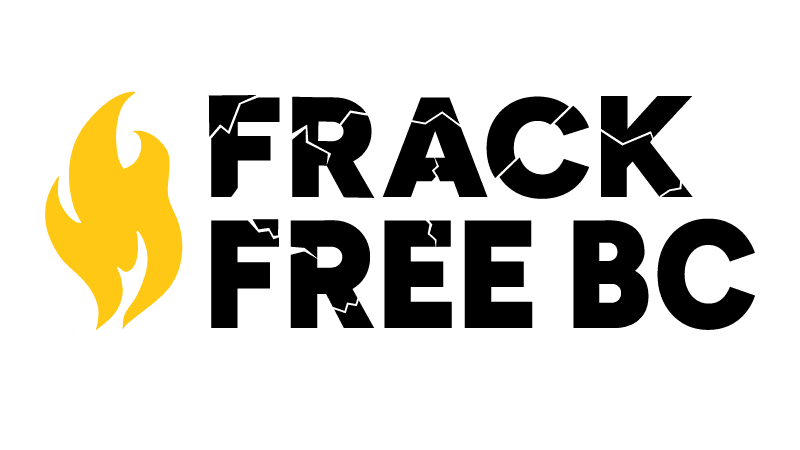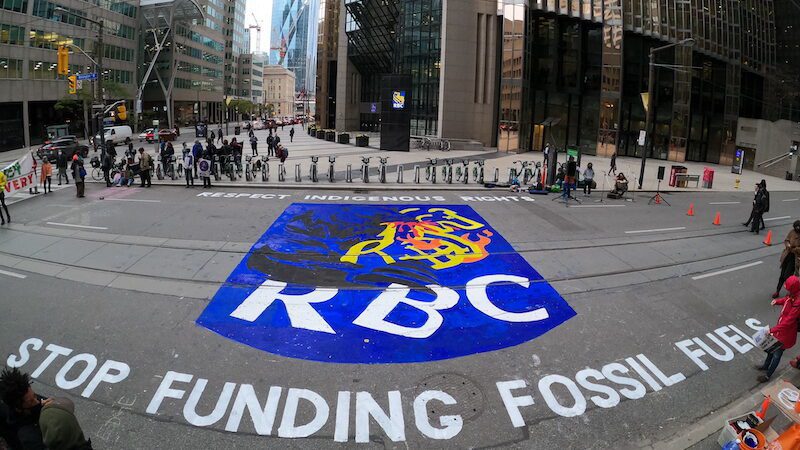Stand.earth welcomes new tripartite Nature Agreement, which will support First Nations-led conservation
November 3, 2023
səl̓ílwətaʔɬ (Tsleil-Waututh), xʷməθkwəy̓əm (Musqueam), and Skwxwú7mesh (Squamish) Territories (Vancouver, B.C.) – Today, the First Nations Leadership Council (Union of B.C. Indian Chiefs, B.C. Assembly of First Nations, and First Nations Summit), the federal and provincial governments announced a new Nature Agreement for British Columbia.
The Nature Agreement comes with over $400 million in new federal funding to support conservation-related activities, as well as previously announced funding from both the federal and provincial governments, for a total of $1 billion.
“For years, the lack of funding has been one of the major obstacles to ensure protection for at-risk ecosystems, and a just transition for First Nations and forest communities,” said Liz McDowell, Senior Campaigns Director at Stand.earth. “With this barrier removed and with dedicated funding for both old growth protection and Indigenous-led conservation included, we look forward to seeing the Agreement translate into meaningful results on the ground without delay, especially for old growth forests and impacted communities.”
For years, Indigenous leaders and environmental groups have called on British Columbia to work with the federal government to secure a substantial increase in funding to support Indigenous-led land use planning and protection, as well as provide full and urgent support to First Nations to ensure urgently-needed old growth logging deferrals are economically viable. Today’s announcement is a welcomed step toward moving these funds into communities for this vital work,
Significantly, the Nature Agreement strongly upholds First Nations Title and Rights, as well as the importance of Indigenous knowledge, in establishing a framework that acts as an enabling agreement to support First Nations-led initiatives and decision-making over their own territories. The leadership of the FNLC in strengthening the Agreement and ensuring a meaningful framework for First Nations moving forward is evident, and Stand.earth extends our sincere congratulations and gratitude to the FNLC for their work on this Agreement.
“The natural abundance in this province only exists because of the expert tending by First Nations over their lands and waters since time immemorial. Conversely, we are now living through a climate and biodiversity crisis that came about as a result of colonialism,” said Tegan Hansen, Senior Forest Campaigner at Stand.earth. “We need the provincial government to follow the leadership of the FNLC, and work with integrity with all First Nations to protect at-risk ecosystems – especially by turning its promises to accelerate action on old growth into real action. The continued logging of vital old growth forests, sometimes without free, prior and informed consent and under a timber-centric model, violates the spirit of these commitments.”
In the interim, as negotiations unfold, many of the most critical ecosystems in B.C. continue to be targeted by industry – especially old growth forests. While the Nature Agreement announced today is not legally binding, the provincial government has an obligation to fulfill its promises to immediately pause harvest in the most at-risk old growth forests (i.e. candidate deferrals) while negotiating new agreements with First Nations. Ensuring the rapid and equitable distribution of newly available funds is another vital part of this process.
“While governments make this announcement, we are still tracking the continued destruction of the most at-risk old growth forests – the same old growth that B.C. said it intended to defer from harvest,” said Hansen, referencing Stand.earth’s Forest Eye satellite monitoring framework. “Now that this Agreement is in place and the funds are available, we will measure its success by the critical ecosystems that are protected rather than logged in the interim.”
The implementation of key parts of the agreement, like parts of Section 8 of the Agreement on species at risk, cannot be delayed. There is an ongoing extinction crisis in British Columbia, as the province has more species at risk than any other in Canada – including species that rely on old growth forests, like critically endangered mountain caribou and the spotted owl. There is only one wild-born spotted owl left in the country, on Spô’zêm First Nation territory.
Stand.earth is calling on all levels of government to act with urgency and transparency to put ecosystems at imminent risk of destruction off limits to industry while negotiations and the distribution of funds unfold.
###
Media contact:
Ziona Eyob, Media Director – Canada, canadamedia@stand.earth, +1 604 757 7279 (Pacific Time)



